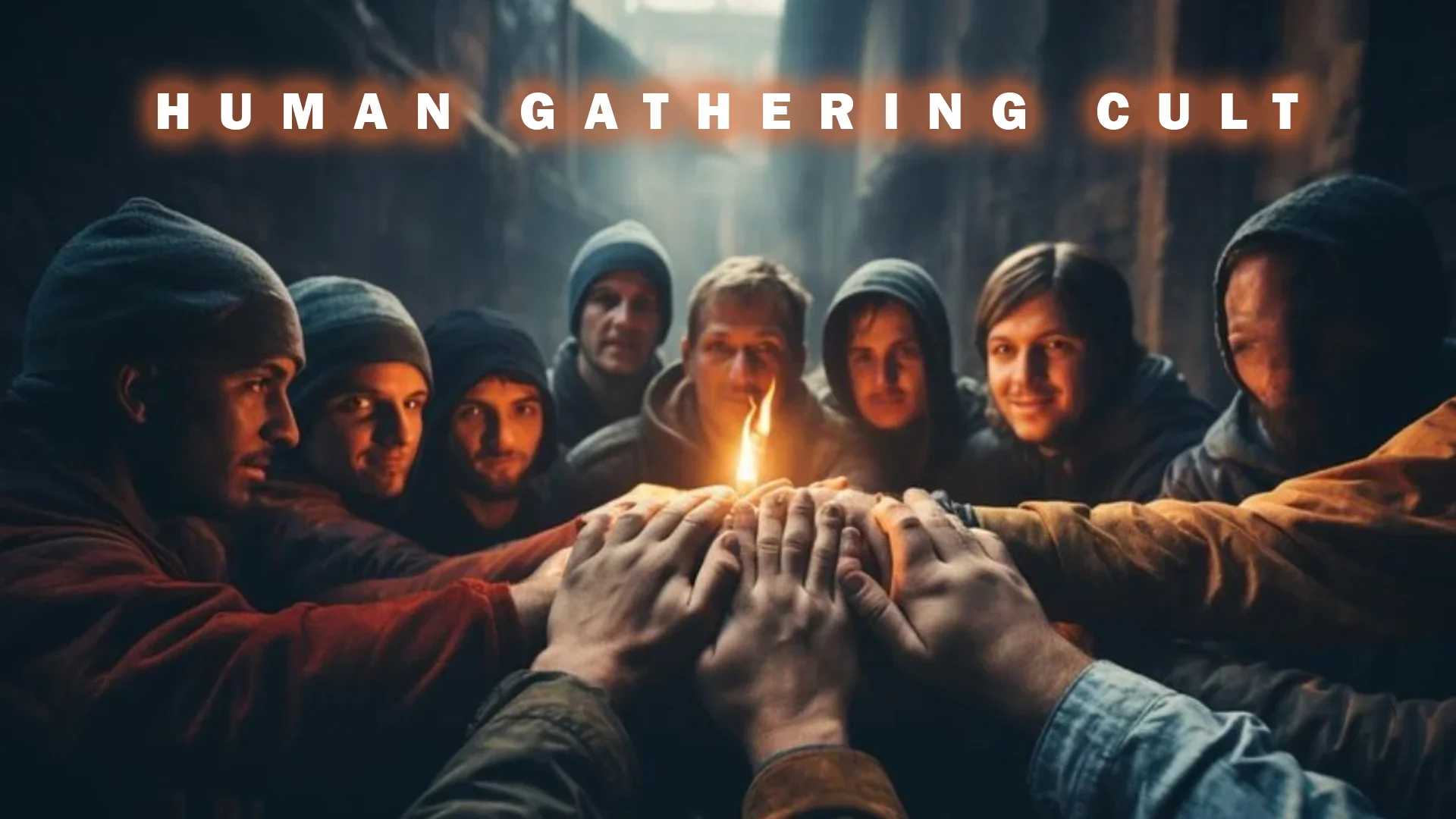The Truth About Human Gathering Cults: Understanding, Insights, and Experiences

Have you ever wondered what exactly a “human gathering cult” is and why people are so intrigued by it? If so, you’re not alone. Many are curious about these communities, their origins, and the psychology behind them. In this article, we’ll dive deep into the fascinating world of human gathering cults, shedding light on their purpose, how they operate, and the factors that draw people in.
We’ll also share our personal experiences and insights to help you understand this topic better. Whether you’re researching out of curiosity or trying to recognize the signs of a cult-like group, you’ll find all the answers here. Let’s explore!
What Is a Human Gathering Cult?
A “human gathering cult” refers to a group or community often centered around shared beliefs, rituals, or a charismatic leader. These groups can range from harmless spiritual gatherings to more controlling organizations that manipulate their members.
The word “cult” often has negative connotations, but not all gatherings labeled as cults are harmful. Some may simply be communities with unique practices or ideologies. However, it’s essential to identify the line between a supportive group and one that becomes controlling or exploitative.
From my perspective, a human gathering cult often starts innocently, bringing people together under a common cause. But as someone who has attended similar gatherings, I’ve seen how the dynamics can shift depending on leadership and intentions.
Why Do People Join Human Gathering Cults?
There are many reasons people are drawn to human gathering cults. Here are a few common ones:
- A Sense of Belonging: Humans naturally crave connection and community. These groups provide a place where people feel understood and accepted.
- Searching for Meaning: Many individuals join cults during challenging periods in their lives. They may be seeking purpose, answers, or emotional support.
- Charismatic Leadership: A leader’s charm and persuasive tactics often play a significant role in recruiting and retaining members.
- Shared Beliefs: A cult may promise a better future, spiritual enlightenment, or answers to life’s biggest questions.
In my experience, people often don’t even realize they’re part of a cult until they’ve been deeply involved. What starts as an innocent search for belonging can evolve into something more intense.
Characteristics of a Human Gathering Cult
To identify a human gathering cult, it’s crucial to look for specific traits. Here are a few key characteristics:
- Charismatic Leadership: A single individual or group holds significant authority and influence.
- Isolation: Members are often encouraged to cut ties with the outside world.
- Rigid Beliefs: The group enforces strict rules and ideologies, leaving little room for personal interpretation.
- Exploitation: Some cults manipulate members emotionally, financially, or even physically.
- Fear of Leaving: Members may fear consequences if they try to leave the group.
While attending one such gathering, I noticed how subtle some of these signs can be. It started with harmless rituals, but over time, the group dynamics grew more controlling.
The Psychology Behind Human Gathering Cults
Psychology plays a big role in understanding why human gathering cults operate the way they do. Here’s a breakdown:
- Groupthink: In cults, people often conform to the group’s beliefs to avoid conflict or rejection.
- Dependency: The cult creates an environment where members feel they cannot survive without the group.
- Manipulation: Leaders use psychological tactics like guilt or fear to maintain control.
Having studied psychology and observed such gatherings firsthand, it’s clear how these tactics are employed to keep members loyal.
Are All Human Gathering Cults Dangerous?
Not all human gathering cults are harmful. Some are simply communities of like-minded individuals who enjoy shared practices. However, it’s essential to stay cautious.
If a group discourages critical thinking, isolates you from loved ones, or demands extreme loyalty, it’s worth reassessing its influence on your life.
From what I’ve experienced, the key is balance. Healthy communities welcome questions and allow for personal growth, while cults thrive on control and dependency.
Personal Experience: What I Learned
Having attended a few gatherings that could be classified as human gathering cults, I’ve learned valuable lessons:
- Always question leadership, even if they seem kind and genuine.
- Stay connected with people outside the group to maintain perspective.
- Trust your instincts. If something feels off, it probably is.
These experiences have taught me to value critical thinking and the importance of staying grounded.
How to Avoid Getting Involved in a Human Gathering Cult
Avoiding a human gathering cult requires awareness and caution. Here are a few tips:
- Research the Group: Look into their history, leadership, and practices before joining.
- Ask Questions: Healthy groups should welcome questions without defensiveness.
- Maintain Outside Connections: Stay in touch with family and friends to avoid isolation.
- Trust Your Gut: If something feels wrong, don’t ignore your instincts.
FAQs
What is the main purpose of a human gathering cult?
The purpose varies but often revolves around shared beliefs or the leader’s agenda, which could range from spiritual growth to personal gain.
Are all cults harmful?
No, not all cults are harmful. Some are just tight-knit communities. However, it’s essential to assess their impact on your freedom and well-being.
How can I help someone involved in a cult?
Offer support without judgment. Encourage open conversations and provide them with resources to understand cult behavior.
Can a human gathering cult disguise itself as a religious group?
Yes, many cults present themselves as religious or spiritual organizations to attract members.
What are the warning signs of a dangerous cult?
Isolation, rigid beliefs, manipulation, and fear of leaving are common warning signs.
Conclusion
Understanding human gathering cults is crucial in today’s world, where people are often searching for meaning and community. While not all such gatherings are harmful, it’s vital to recognize the signs of control and manipulation.
From personal experience, the best way to protect yourself is by staying informed, asking questions, and trusting your instincts. If you ever feel unsure about a group, it’s better to step away and reassess.
At the end of the day, we all deserve communities that uplift and empower us. Stay curious, stay cautious, and most importantly, stay true to yourself.





